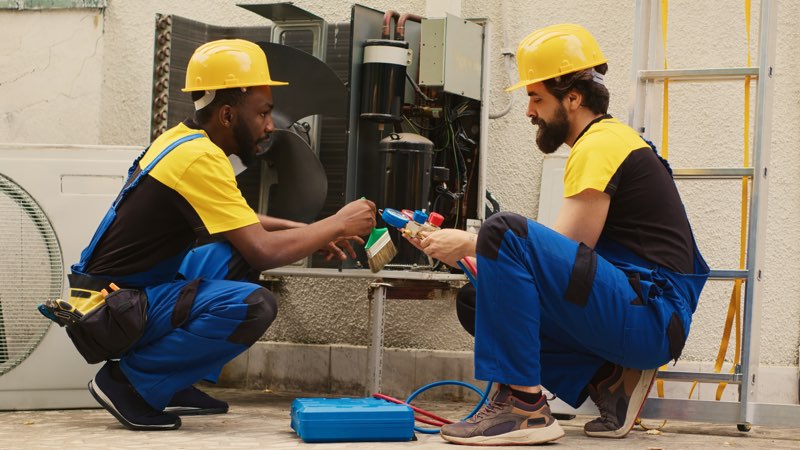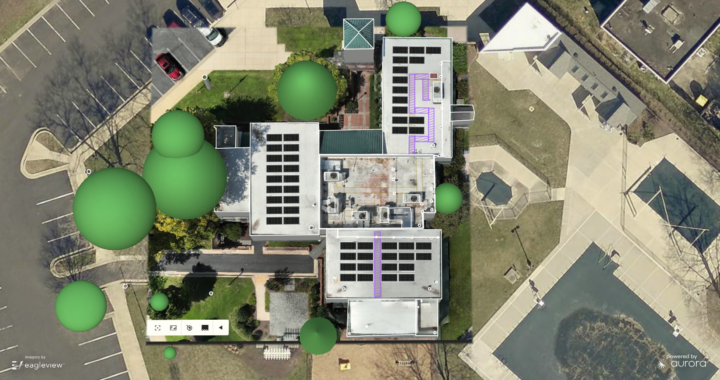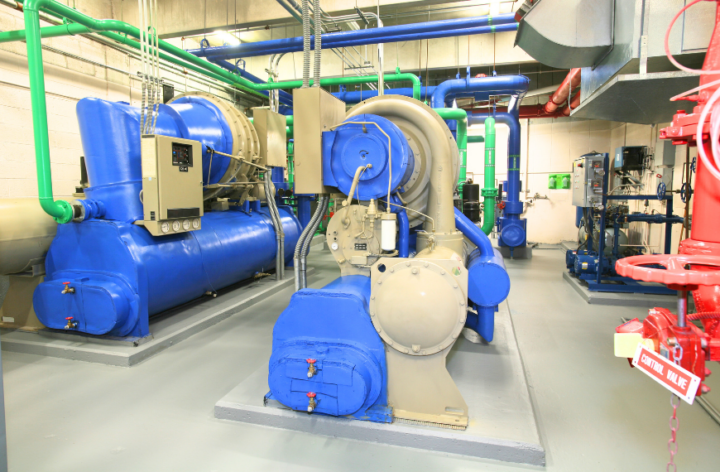Improving the efficiency of HVAC (Heating, Ventilation, and Air Conditioning) systems can lead to energy savings, reduced environmental impact, and lower operational costs. Here are several strategies to improve HVAC efficiency in your facility:
- Regular Maintenance:
- Schedule routine maintenance to ensure peak operational HVAC efficiency.
- Clean or replace air filters regularly to maintain proper airflow and reduce the load on the system.
- Upgrade to High-Efficiency Equipment:
- Consider replacing older, less efficient HVAC units with newer, high-efficiency models. Look for equipment with a high SEER (Seasonal Energy Efficiency Ratio) rating for air conditioners and heat pumps, and high AFUE (Annual Fuel Utilization Efficiency) for furnaces.
- Programmable Thermostats:
- Install programmable thermostats to optimize temperature settings based on occupancy and time of day. This helps avoid unnecessary heating or cooling when the space is unoccupied.
- Zoning Systems:
- Implement zoning systems to control heating and cooling in different areas separately. This allows for more precise temperature control and reduces energy consumption in unused spaces.
- Seal Air Leaks:
- Seal gaps and cracks in the building envelope to prevent air leakage. Proper insulation and sealing improve the efficiency of HVAC systems by reducing the load on both heating and cooling.
- Ductwork Inspection and Sealing:
- Regularly inspect and seal ductwork to minimize air leakage. Leaky ducts can lead to significant energy losses, reducing overall system efficiency.
- Use Energy Recovery Ventilation (ERV) Systems:
- Implement ERV systems to recover and reuse heat or coolness from exhaust air. This helps precondition incoming fresh air, reducing the workload on HVAC systems.
- Optimize Ventilation Rates:
- Adjust ventilation rates based on occupancy levels. Too much outside air can strain HVAC systems, while inadequate ventilation may compromise indoor air quality.
- Install Variable-Speed Drives:
- Use variable-speed drives on motors to match the speed of the HVAC system with the actual heating or cooling demand. This avoids unnecessary energy consumption during partial load conditions.
- Upgrade Insulation:
- Improve insulation in walls, roofs, and windows to minimize heat transfer, reducing the need for constant heating or cooling.
- Smart HVAC Controls:
- Implement smart HVAC controls that can learn user preferences, adjust settings based on occupancy, and provide remote monitoring and control capabilities.
- Employee Awareness and Training:
- Educate building occupants about energy-efficient practices, such as closing windows when the HVAC system is running and avoiding unnecessary adjustments to thermostats.
By combining these strategies, building owners and facility managers can enhance HVAC efficiency, resulting in energy savings and a more sustainable operation.









